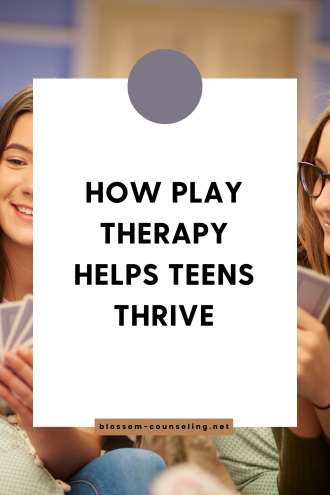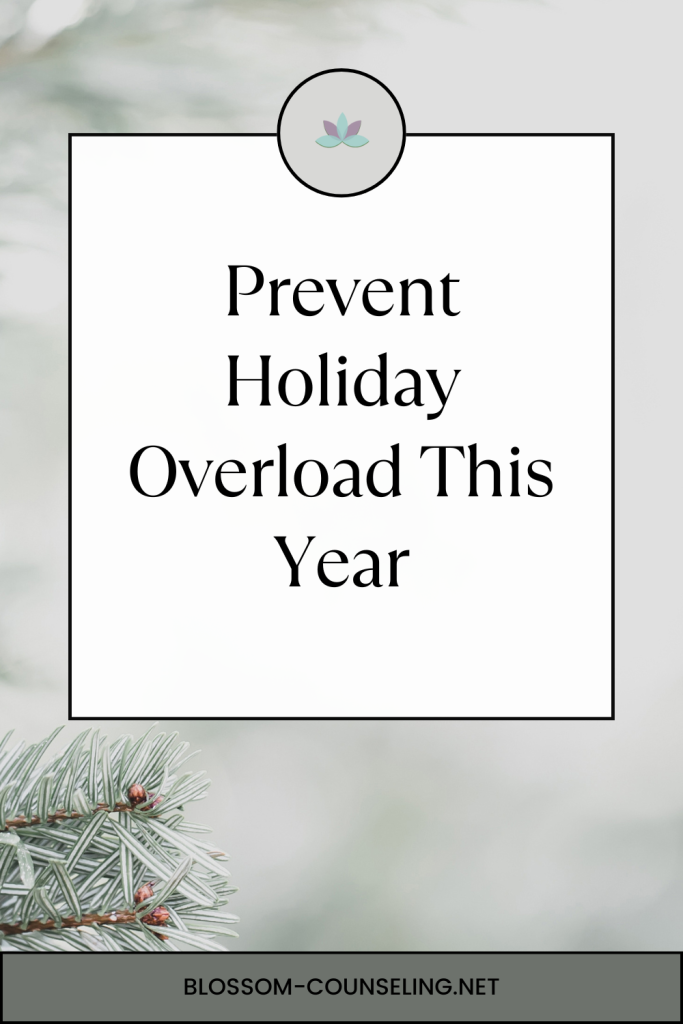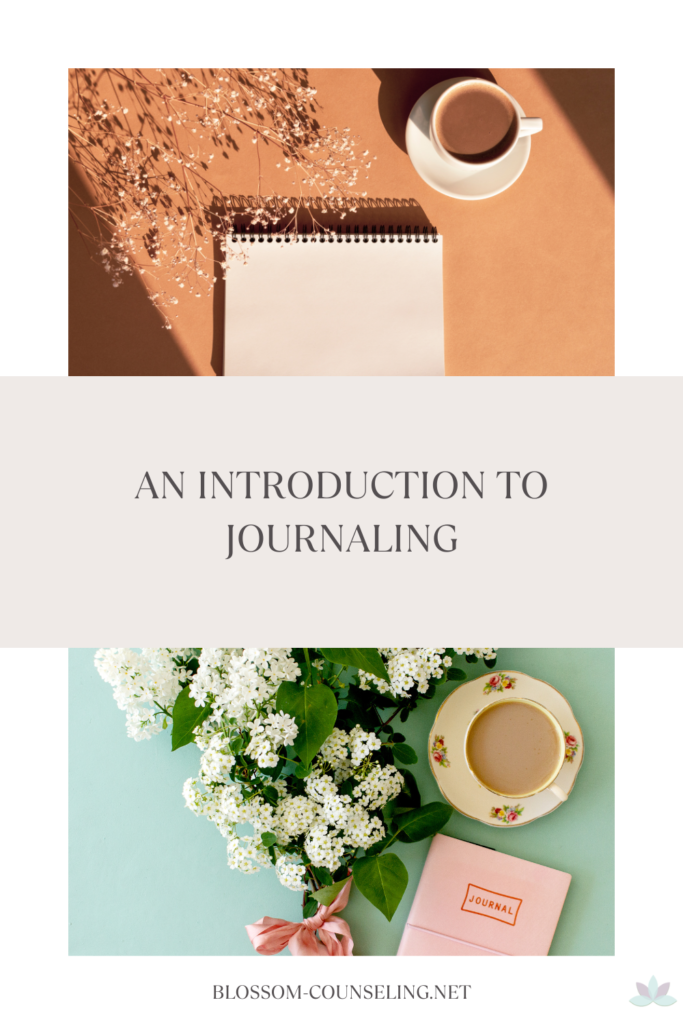
Getting teens to talk can be hard work! Talking about problems directly can seem scary, confusing, or embarrassing. A lot of teens hate the idea of talking to adults, and this may leave them (and their parents) feeling like therapy may not be the best way to help.
Boy, do we have news for you! 😉
Moving past traditional talk therapy and into creative counseling can be a tremendous help for teens. When we hear the word “therapy” we often picture someone laying on a couch, and a therapist sitting next to or behind them, asking questions and waiting for the client to talk. (Thanks, media, for those stereotypes! 😜 )
But in reality, therapy can – and does – go beyond conversation, regardless of age. Using different treatment approaches to meet you where you’re at is our number one goal, and many of the treatment options available today are going to incorporate more than “just talking.” Although play therapy may not be something you’d think of for anyone over the age of 12, it is a tried and true method with lasting benefits for teens who come to therapy.
Why Choose Play Therapy for Teens
A lot of teens are more receptive to coming to appointments when they know we’ll be doing activities instead of asking them a ton of questions. I often describe to my clients and their parents that I totally get it – if I sat at school all day, got asked questions all day, and (maybe) responded all day, I really wouldn’t want to do that at the end of the night or on a weekend. Providing something fun and relaxing can break the monotony of the day, and gives opportunities for organic conversation that occurs when you’re relaxed, comfortable, and feeling good in the moment.
As a parent, you probably know how difficult this can be for your teen – if you ask, “How was your day?” or “What’s bothering you?” you’re often met with a shrug or an, “I don’t know.” Through use of activities, games, and art, teens are able to tap into the emotional side of their brains, creating more effective, long-lasting progress. Being in an environment that allows indirect exploration of what’s bothering them, and how their day was, is an opportunity that teens may not have in other settings to navigate their thoughts and feelings, something that is tough to do with just words sometimes.
Supporting Their Comfort Zone
Adolescence is a difficult time, and we’re all probably confused at one point on how “adult” to treat a teen, and how “childlike” to treat a teen. But teens are their own people, and they’re at their own unique developmental stage that must be recognized to create real progress and lead to healthy life skills.
Play therapy, though many initially think is for younger kids, is actually right in the comfort zone and developmental stage for a teen. It’s non-confrontational. It’s non-interpretive. It’s non-threatening. And it allows free expression. Because of the hands-on experience throughout the session, clients are better able to transfer strategies to home and school since they are experiencing change rather than discussing change.
One of my favorite aspects of experiential therapies like play and art therapy is the opportunity it provides for clients to gain confidence and discover new talents or interests. Through games, crafts, art, yoga, and other activities, teens who were hesitant at one point are now able to try something new in a judgement-free zone, with no worries about “losing” a game or misunderstanding it, or if their art is “good enough.” I promise, your therapist thinks you’re wonderful and talented, and we love seeing your growth while you learn new things!
Favorite Teen Play Therapy Activities
We’re open to any interests our clients have in a game or activity, even sometimes bringing their own things from home to our sessions! Some of our favorite activities that we do at our office with our teen clients are listed below. Since every person is different and has unique needs, these activities are used in a way that best benefits the client – there is no one-size-fits-all to our methods!




